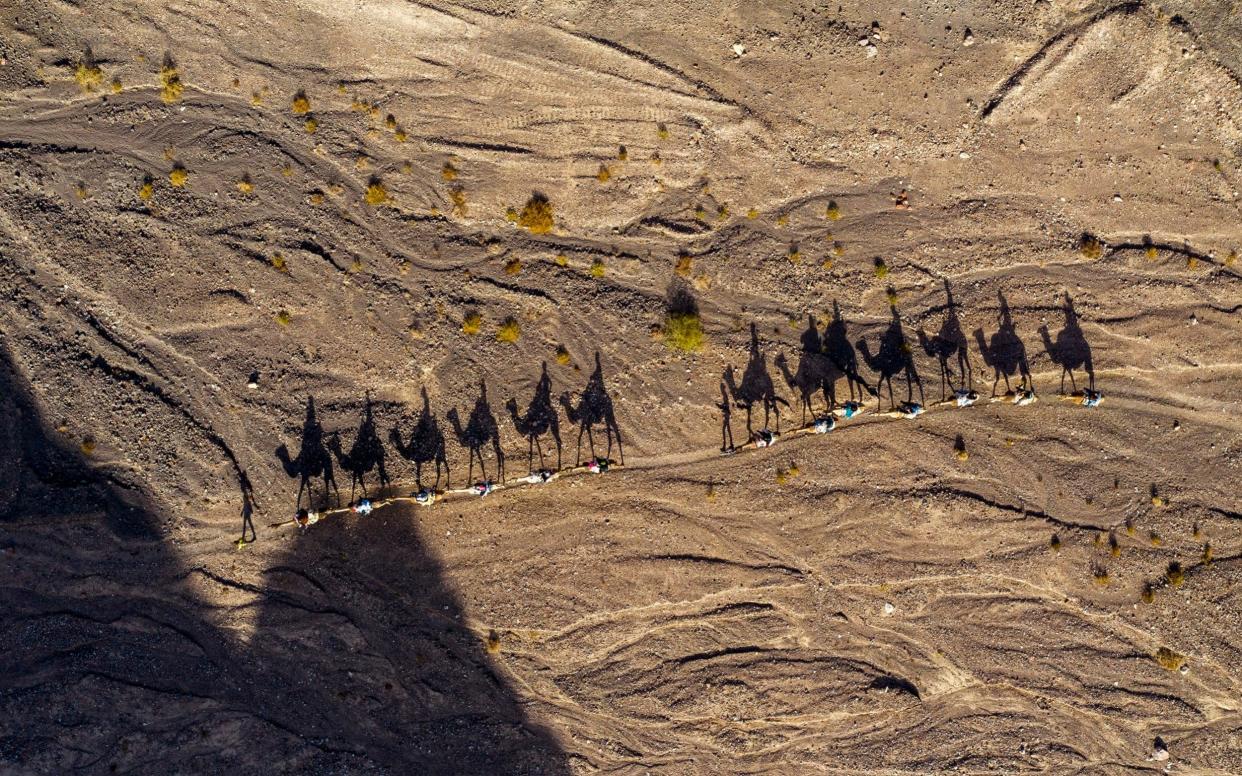Israel to set up 'tourism islands' in desert where hotels and attractions can reopen

Israel is setting up so-called tourism islands in the desert resort town of Eilat, where hotels and some attractions will reopen and visitors will be required to take regular Covid-19 tests.
The plans were approved by the Knesset, the Israeli parliament, on Wednesday and are part of the government’s efforts to slowly and carefully scale back a second nationwide lockdown imposed in September.
Under the proposals, holiday makers must pass a coronavirus test 72 hours before arriving and must then take subsequent tests each week.
The measures will only apply to the remote town of Eilat and the Dead Sea area, with other resorts in Israel must remain closed, according to the Times of Israel.
It may take some time for the plan to be put in action, as according to Israeli newspaper Haaretz there is a lack of testing capacity in the country.
Though the Israeli tourism sector was briefly revived in the Spring, between the first and second lockdown, it has been severely affected by the coronavirus pandemic.
Tourism workers in the West Bank, where the holy city of Bethlemen is a major attraction, have also suffered due to hotel closures and the near evaporation of visitors.
Benjamin Netanyahu, the Israeli prime minister, has said the plan is an “excellent solution… that will not only be welcomed by the residents of Eilat and the Dead Sea area but by all the citizens of Israel.”
Israeli ministers have admitted that they reopened the economy too quickly after the first lockdown and have taken a much more circumspect approach in lifting the second round of restrictions.
Earlier this month, non-essential shops such as clothing boutiques were allowed to reopen as long as they respected coronavirus restrictions, leading to long queues outside their doors.
A ban on travelling beyond a 1,000 yard radius of the home for non-essential reasons has also been lifted. Essential shops, such as supermarkets and pharmacies, have remained opened throughout the pandemic.
Around 320,000 people have been infected with coronavirus in Israel, of which the majority have recovered, and more than 2,600 people have died.

